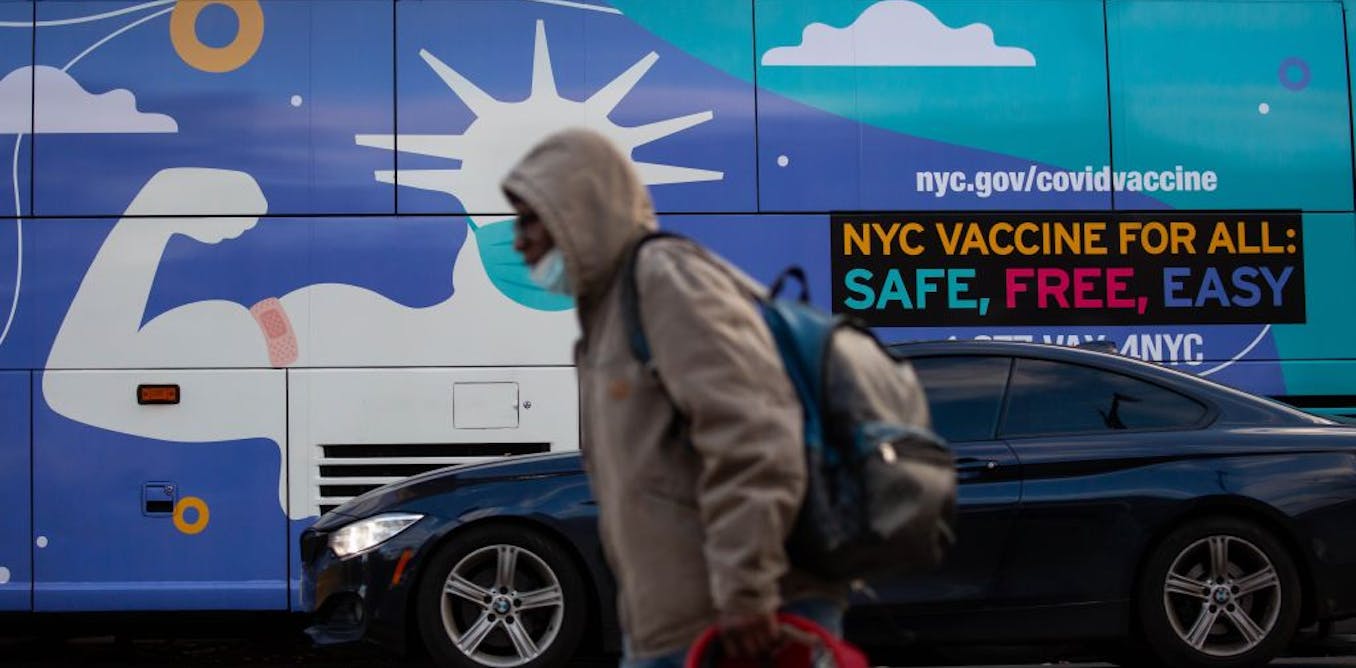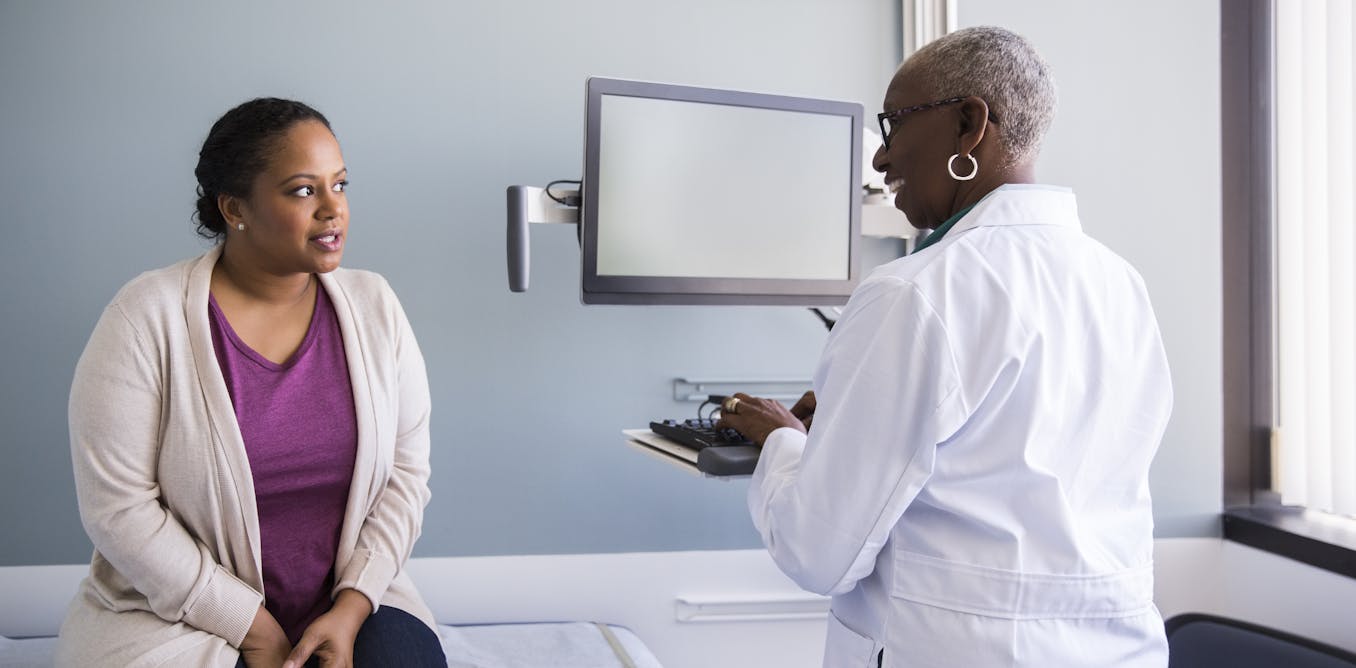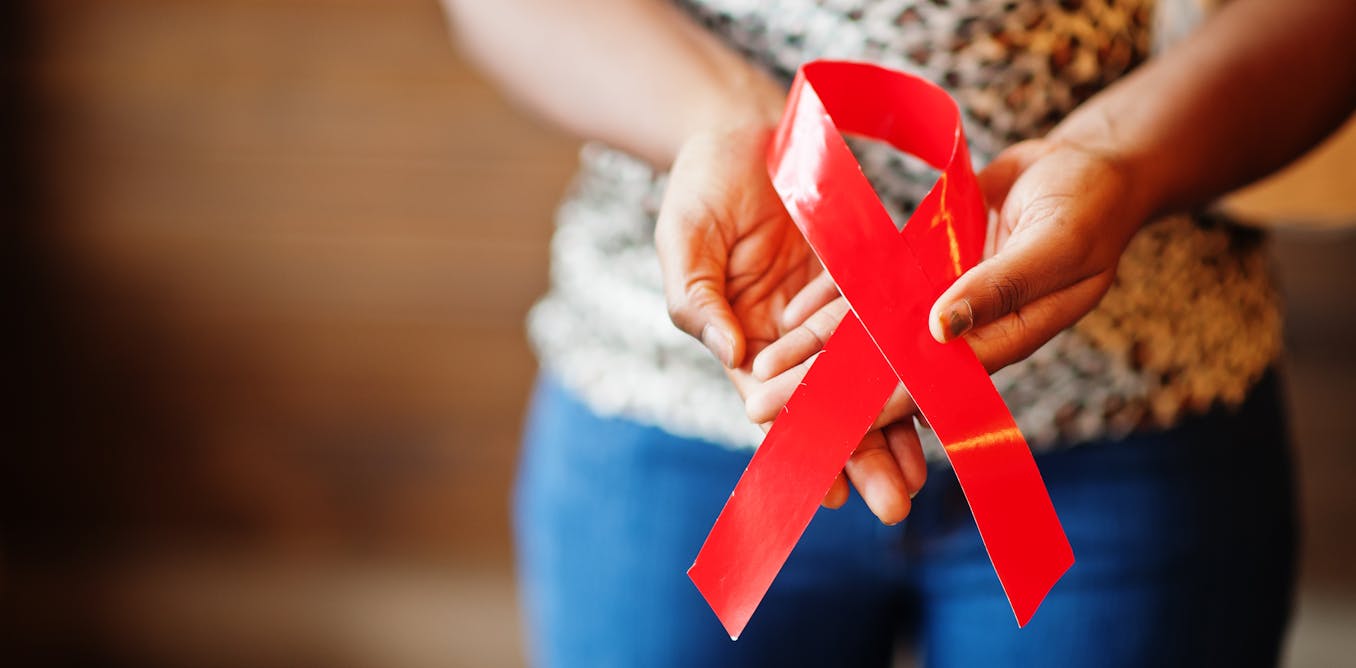How the pandemic's unequal toll on people of color underlines US health inequities – and why solving them is so critical
Addressing racial and ethnic health gaps is becoming even more important as the US population continues its shift toward a minority-majority nation.
Jan. 19, 2022 • ~8 min








